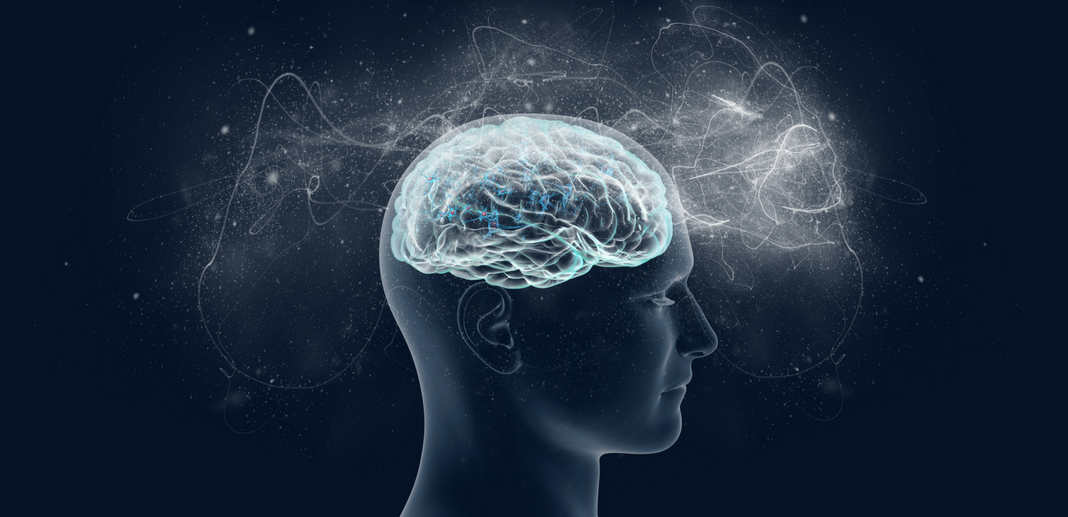In our event article about the power and the function of our brains we mentioned the term neuropsychology which alerted the attention of many of you readers. We didn’t go into much depth about this and promptly received a number of questions from you guys about what it is. For this reason we recruited the fascinating Dr. Curtis Cripe to take us through what exactly neuropsychology and how it is used to help a wide range of people and problems. Without further ado then, let’s get into the nitty gritty about what neuropsychology is all about.
General Overview
To give you a broader understanding of neuropsychology, this is actually a branch of psychology which studies the mind and it behaviors. This branch of psychology utilizes the characteristics of both neurology and psychology, looking generally at the brain’s cognitive functions and how this impacts behavior. In some sense neuropsychology really straddles the practice of both neurology and psychology, using both behaviors and science to get the root of many issues. Mental disorders are actually brain disorders and the role of a neuropsychologist is to focus on the cause and the reason for the existence of these problems.
Looking at the Range of Treatments
There are many issues and treatments which fall under the mental/psychological banner which neuropsychology will look at and here are some examples of the types of brain disorders which they will focus on.
- Learning Disorders
- Hyperactivity Disorder
- Attention Deficit Disorder
- Endocrine Disorders
- Brain Tumors
- Brain Cancer
- Dementia
- Alzheimer’s
- Epilepsy
- Seizure Disorders
You can see by the range of issues that neuropsychology looks into that it is very much focused on both behavioral and mental problems and illnesses.
How it Differs From Psychology
Neuropsychology is a branch of psychology and whilst it operates under that umbrella it is important that we know the differences between the two, as there are some major contrasts between them. To begin with neuropsychologists must have to undergo much more training and education than a psychologist will have to. The reason for this is that they must understand both the neurological side of the causes of mental problems, as well as understanding, as psychologists do, the behavioral side of things. The level of medical training which a psychologist must have is minimal whereas a neuropsychologist will have to learn in-depth about many areas of neurology.
There is some crossover of course between psychology and neuropsychology but ultimately the key difference is the depth into which they go in neuropsychology and the stronger focus on behavioral issues being caused by medical problems
How to Become a Neuropsychologist
If this is a career which you would like to embark on then you can study neuropsychology at many universities around the country to earn your degree in this field. Once you have done this you will have to attend medical school and get your license to practice medicine, before spending 4-6 years on placement before you become fully fledged.
Do you have any questions about this article? Click here to contact us today.

Leave a Reply